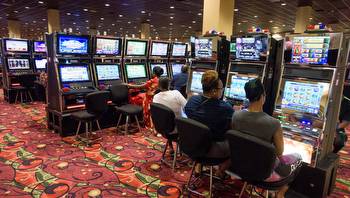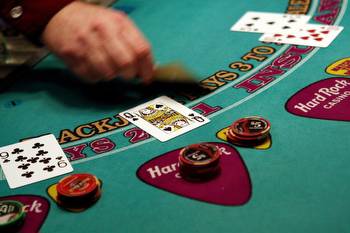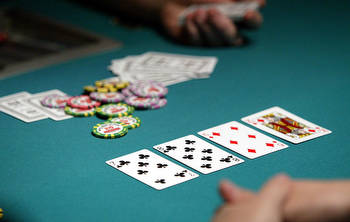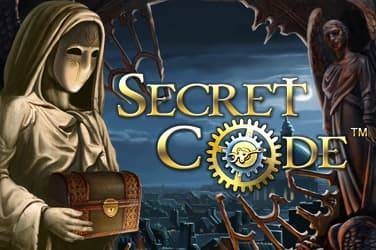Samoa: Gambling regulator's staff admit fraud before the Supreme Court
Laau Tuivanu, a Principal IT officer at the Gambling Control Authority acknowledged the fraud on the witness stand during a Thursday hearing, as she testified in the trial of three former employees accused of stealing. According to Tuivanu, operators defrauded the GCA by shutting down the power whilie a ticket was being processed, thus registering the transaction as "incomplete".
Samoa's Gambling Control Authority (GCA) admitted during a Supreme Court hearing on Thursday that staff manipulated the online system to defraud the authority.
Laau Tuivanu, A Principal IT officer at the GCA acknowledged the fraud on the witness stand as she testified in the trial of three former employees who are accused of stealing from their employer, as reported by the Samoa Observer.
Five other former staff have already been fined by the Supreme Court for their involvement in defrauding authority.
Tuivanu told the court that GCA operators were able to defraud the authority by shutting down the power by pulling the plug while a ticket was being processed. With the system switched off, the transaction would be registered as incomplete and it would not be included in the system. These allegedly used methods allowed them to sell transactions without processing them.
Tuivanu also mentioned that the computers were fitted with Uninterrupted Power Supply technology, meaning the operator had enough time to process a ticket in the event of an outage.
Defendants Silika Hala, Lui Feseetai and Talosaga Wales Amosa have pleaded not guilty to theft as a servant charges before the Chief Justice, His Honour, Satiu Simativa Perese, who presides the ongoing hearing.
Hala’s charges were withdrawn, leaving two counts of theft charges for the prosecution to proceed with. According to the prosecution, Hala worked for the GCA mainly to sell bonuses. However, it has been alleged that he used bogus sales methods and did not keep records of transactions in order to defraud the company. Two other defendants worked as operators where they sold tickets for Australian gambling company TMS Australia, and sold Samoa Sports Lotto tickets.
Tuivanu said during staff shortages other employees, such as those in the finance division like Feseeta, would be brought to cashier stations to operate the machines. She said they could easily identify which person was on each machine by matching it with the time they were slotted to work on that specific workstation.






























